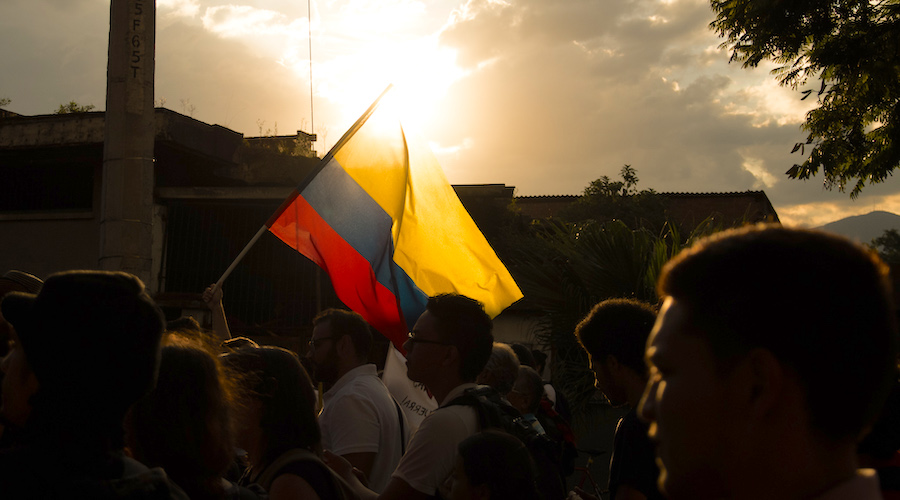Colombia plans to require environmental permits for exploration


Colombia’s new leftist government is working on legislation that would require mining firms to get environmental licenses for exploration as part of a wider overhaul of the process for awarding concessions.
If exploration takes place on indigenous lands, a prior consultation would also be required, the country’s environment minister Susana Muhamad told local press last week.
The gold and coal-rich nation currently only requires environmental permissions for projects in the extraction and production phases.
“I think we must put an environmental license for exploration … because there are also lots of conflict and a lack of control over mining exploration processes,” Muhamad said during a mining conference in Cartagena.
Colombia’s Council of State, the country’s highest administrative court, seems to be on her side. Earlier this month it ordered government institutions to strengthen their environmental oversight of the mining sector.
The ruling mandates that the ministries of environment and mines and relevant agencies must assess projects on protected areas, as well as the likely environmental impact of exploration projects with pending licenses, and unmonitored projects in the exploration phase.
The president of the Colombian Mining Association (ACM) Juan Camilo Nariño has said the idea of requesting an environmental license to explorers is not new. The plan, he noted, has never flown because the environmental impacts of exploring are not even close to those of a mining project in construction or production.
Colombia's government recently scrapped another controversial proposal — a 10% tax on the value of gold exports whenever the metal price exceeded US$400 per ounce.
It is still seeking a 10% tax on exports of coal and oil on income earned when each commodity exceeds a certain price. That threshold is set at US$87 per tonne of coal and US$48 per barrel of oil.
This article originally appeared on www.Mining.com.
Comments